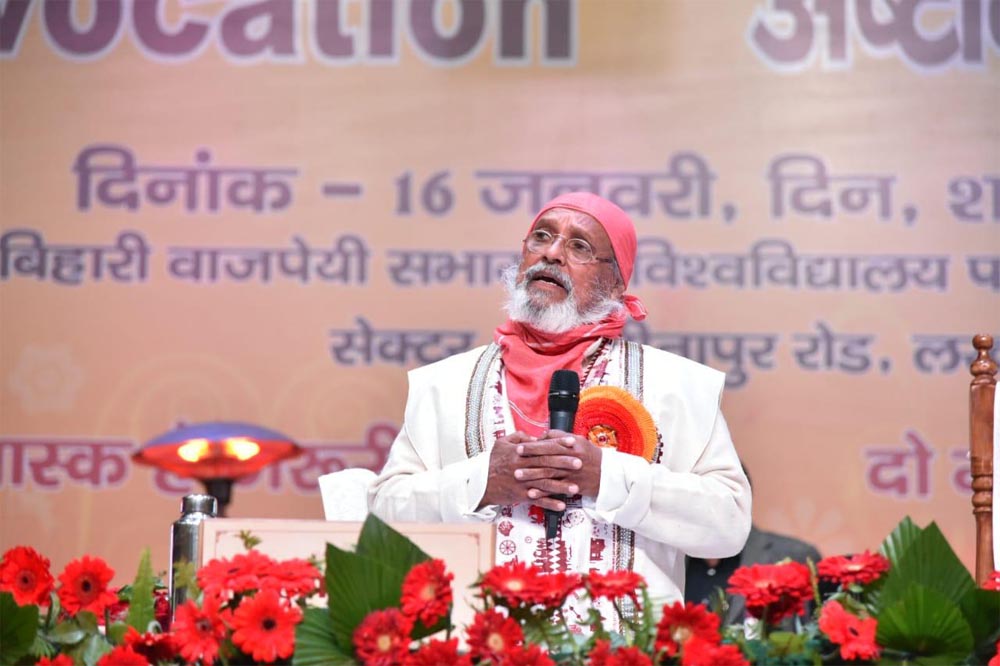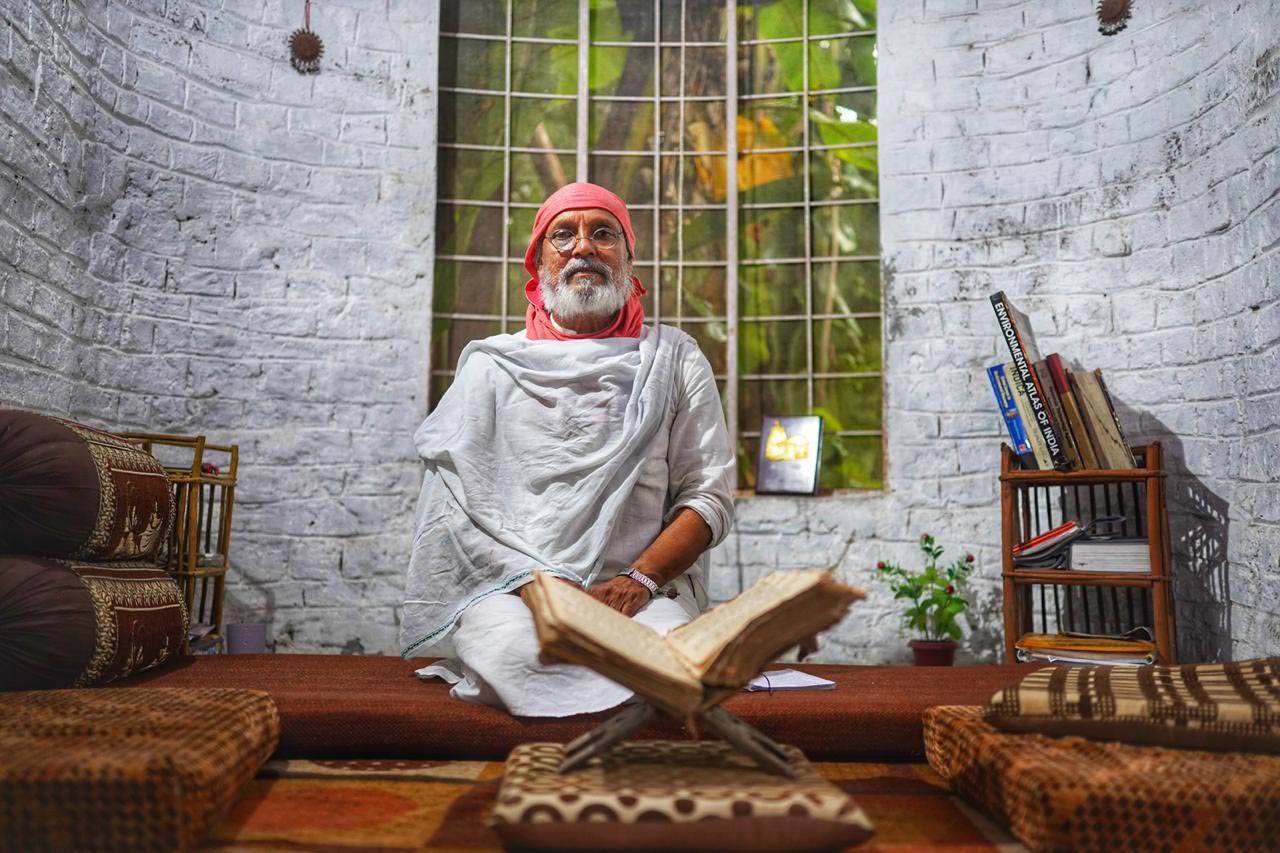The world may be obsessed with the latest technology. But, an individual from Uttarakhand had a vision to power the future with a blast from the past. Meet Dr. Anil Prakash Joshi, founder of the Himalayan Environmental Studies and Conservation Organization (HESCO). He is affectionately known as the 'Mountain Man' for working with rural Himalayan communities towards sustainable development and economic independence. The environmental activist credits his roots as the heartstrings that bind local communities with the forests. He is a recipient of some of the highest honours in the country. These include the Padma Shri in 2006, the Padma Bhushan in 2020, and the Jamnalal Bajaj Award.
With a master's degree in botany and a doctorate in ecology, Dr. Joshi has benefited tremendously from science. Still, he confesses that he learnt significantly from his childhood playground – the forest. "A dip in the river and a stroll through the forests brings more than head knowledge. It builds a connection from the heart of the forest to your own. I understood the role of this affinity with nature early in my career", says Dr. Joshi.
This realisation – that communities have always been the custodians of the forests and other natural resources has deeply invigorated him, further shaping his philosophy and principles.

Technologies of the past to protect the future
At HESCO, Dr. Joshi and his colleagues, with support from their partners, supplement low-cost traditional technologies with scientific knowledge to develop solutions for the rural Himalayan communities. "Local communities are well embedded within natural processes. No one understands bio-resources better than local communities due to the accumulated wealth of training passed down over generations." he reflects.
HESCO's projects include turning weed and lantana into sturdy, eco-friendly furniture, storage baskets, and mosquito repellent. Other projects include making solar water heaters, dung fuel blocks, water mills, line sowing, herbal pesticides and several more. The local communities receive training and carry out these projects independently and efficiently.
Ecopreneurship: benefitting from protecting the environment
"When we think of industries as the most important growth element, we run the risk of dismissing the value of the natural world. For instance, precious commodities like the air, water, and soil face the most risk.", stresses Dr. Joshi.
Imagine if we were to get paid for every litre of water we saved! Or what if productivity was measured by the water we harvested instead of the crop?

Everyone would be rushing to protect the environment because they would be getting paid for it! Simply digging holes in the ground in a prescribed way explains Dr. Joshi that rainwater may be harvested and water aquifers may be replenished, as HESCO has shown. Due to the environmentalist's work with 30 villages in the state, Uttarakhand is the first state in the country to adopt the Gross Environment Product (GEP) to measure the value of its natural resources.
Thanks to Dr. Joshi's efforts, since 2010, India has also been celebrating Himalayan Day, a day to raise awareness about the importance of protecting the mountain ecosystem!
Humans sometimes face the greatest challenge in striking a balance – HESCO's challenges lie in convincing both government partners to adopt traditional technologies and local communities to welcome modern ones. For young people today, says Dr. Joshi, the challenge lies in discovering and pursuing the difference between employment and empowerment.
